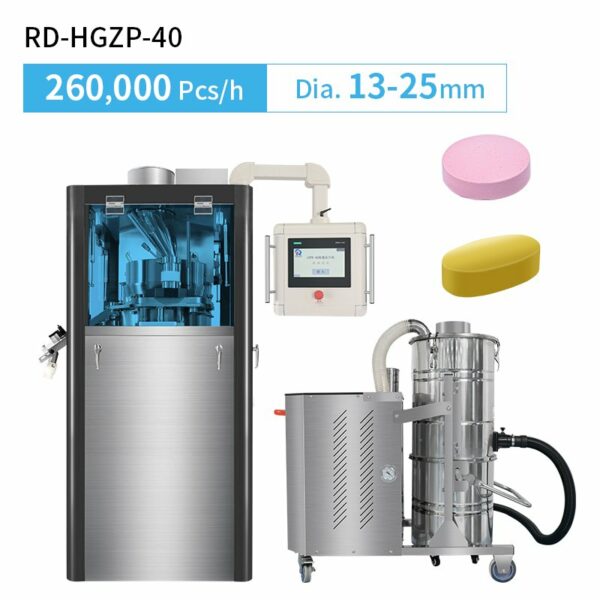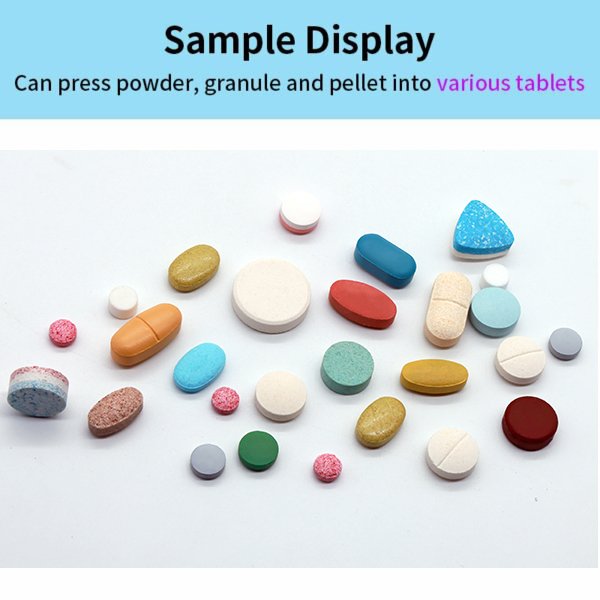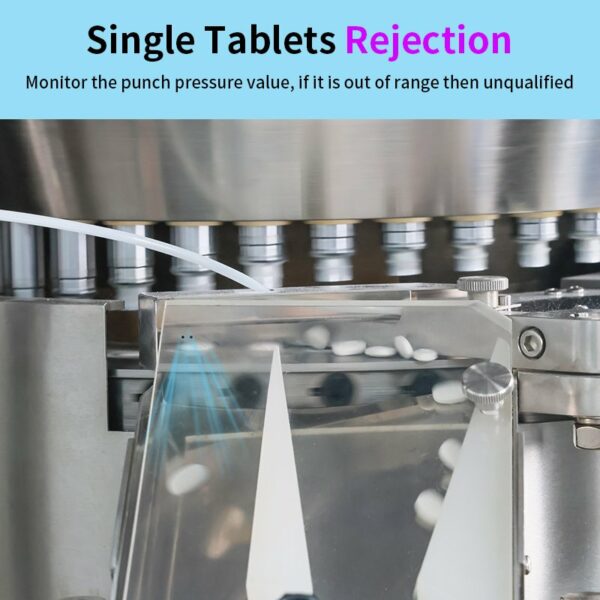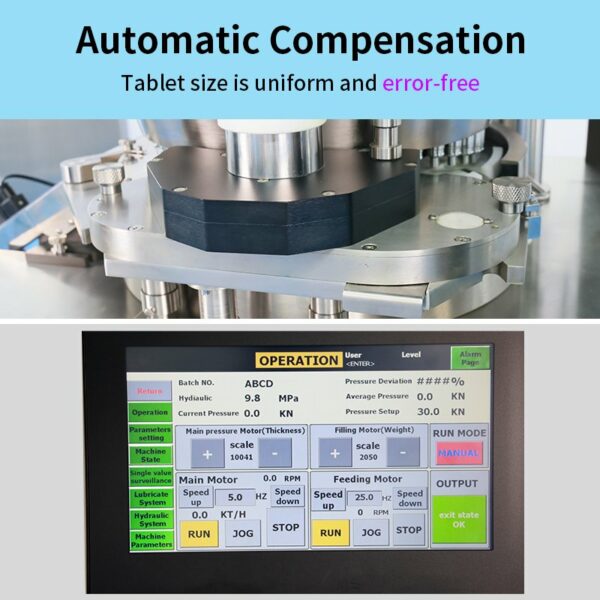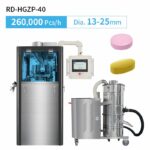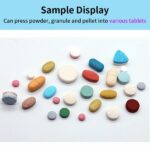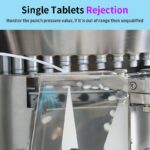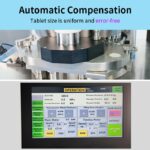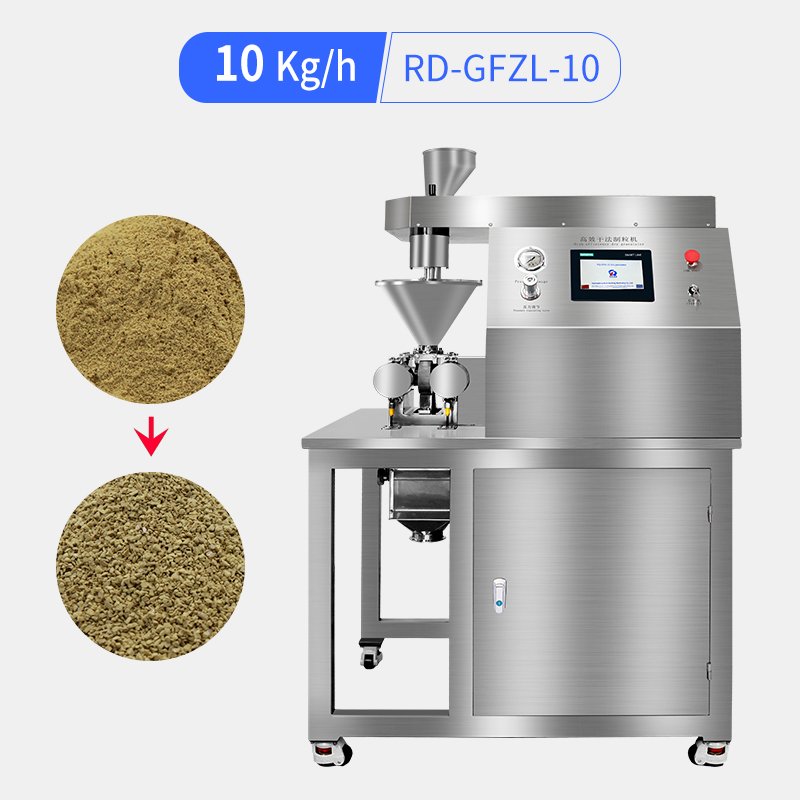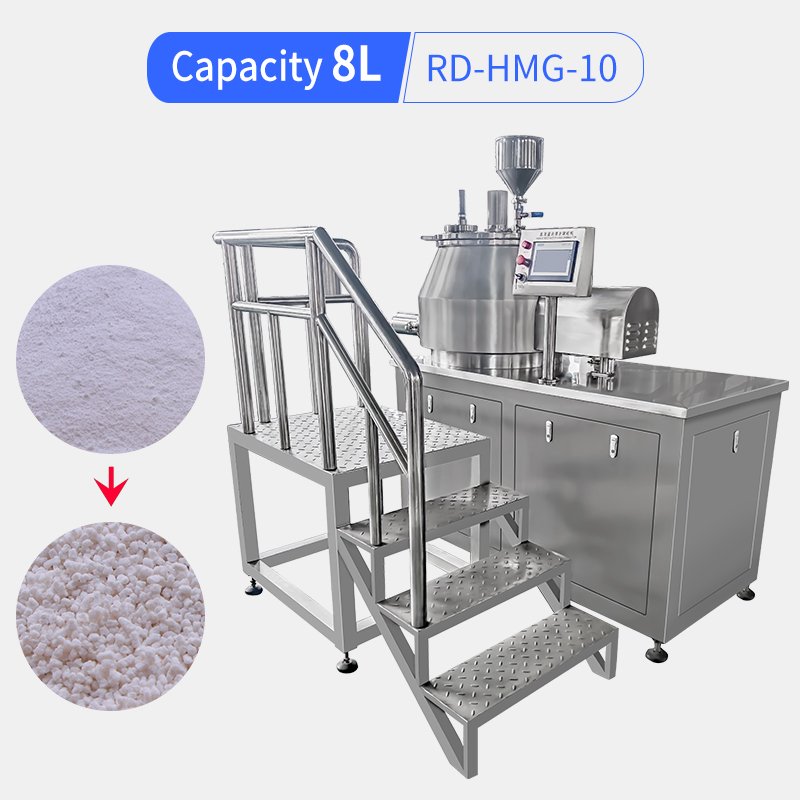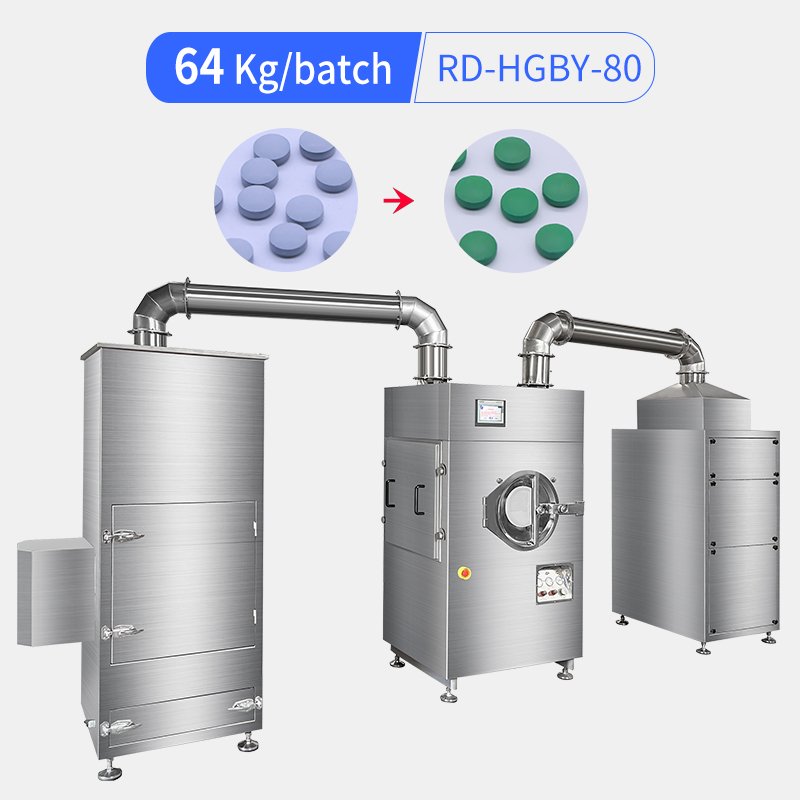For many pharmaceutical engineers, tablet production comes with recurring frustrations: tablets that break right after ejection, or batches that fail to meet hardness and friability standards during testing. While formulation plays a role, these issues often trace back to one critical factor—the performance and accuracy of the tablet press machine pressure.
Understanding how pressure works—and how it’s managed—can mean the difference between compliance and costly reprocessing.
The Role of Main Pressure
At the heart of tablet formation is the main compression force. The process involves filling powder or granules into a die, where upper and lower punches apply extreme pressure via the main compression wheel to form a compacted tablet. If this force is insufficient, the resulting tablets may be too soft, fragile, or prone to chipping and breaking.
In most cases, a force of around 80 kN is adequate to produce tablets that meet FDA requirements for structural integrity. However, a widespread industry issue is that many manufacturers overstate their machine’s force capabilities. Since it’s difficult to accurately measure the actual force applied during operation, companies often end up with underperforming presses. This leads to low yield, poor hardness, high friability, and ultimately—the need to reinvest in a new machine.
That’s why choosing a tablet press with honestly rated and verifiable force output is essential.
The Critical Function of Pre-pressure
In high-speed production, the compaction event happens in a fraction of a second. When excessive force is applied too suddenly, it can cause already-formed tablets to shatter or develop internal flaws. This is where pre-pressure becomes invaluable.
Pre-pressure involves applying a lower initial force to the powder bed before the main pressure. This gentle preliminary pressure removes entrapped air, reduces particle segregation, and prepares the granulation for final compaction. The benefits are clear:
Reduced capping and laminating
Improved tablet hardness and surface smoothness
Lower friability and fewer fines
Enhanced overall pressure stability
For pharmaceutical companies running at high production speeds, a pre-pressure system isn’t optional—it’s necessary. It enables the machine to maintain quality without sacrificing output.
How to Choose the Right Tablet Press
When evaluating a tablet press, consider these force-related features:
1. Truthful Force Reporting
Select a machine from a supplier that provides transparent and testable force metrics. Avoid overstated specifications.
2. Adjustable Pre-pressure
Look for easily adjustable pre-pressure settings that allow fine-tuning based on material behavior.
3. Consistency at High Speed
Ensure the machine can maintain accurate and repeatable force levels even at maximum rotation speeds.
4. Compliance Ready
The system should support full documentation of force parameters for FDA and cGMP audits.
نتیجهگیری
Pressure is a cornerstone of tablet manufacturing successful. Getting it right affects everything from tablet hardness and appearance to regulatory acceptance and operational efficiency. With accurate main pressure and intelligent pre-pressure features, you can avoid common pitfalls such as broken tablets, poor friability, and non-compliance.
